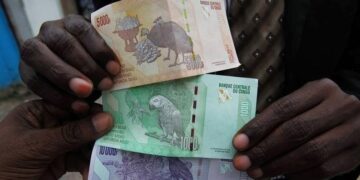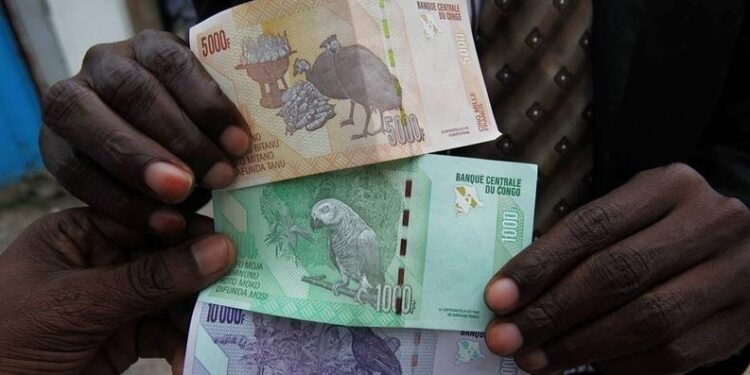By John Ikani
The Democratic Republic of Congo (DRC) is taking a bold step to curb the dominance of the US dollar in its economy.
The Central Bank of Congo (BCC) has mandated that all Electronic Payment Terminals (EPTs) within the country must now exclusively accept Congolese francs.
This initiative is a key part of a broader reform package spearheaded by former Finance Minister Nicolas Kazadi.
The aim? To de-dollarize the Congolese economy and promote financial inclusion.
Currently, the dollar reigns supreme, with only 13% of EPTs accepting the national currency.
This reliance on foreign exchange weakens the franc and hinders economic growth.
The BCC’s move builds upon previous measures requiring price tags and government payments to be denominated in francs.
In addition, a “switch monétique” program is on the horizon. This initiative will integrate all bank cards, streamlining transactions across different issuing banks.
But there’s a catch: the “switch monétique” also aims to make dollar transactions more expensive compared to franc transactions.
This economic disincentive is designed to nudge businesses and individuals towards using the national currency.
Economists like AL Kitenge acknowledge the positive aspects of these reforms.
However, they emphasize a crucial factor for long-term success: ensuring the stability of the Congolese franc. Without a stable national currency, these efforts to de-dollarize the economy may prove ineffective.




































